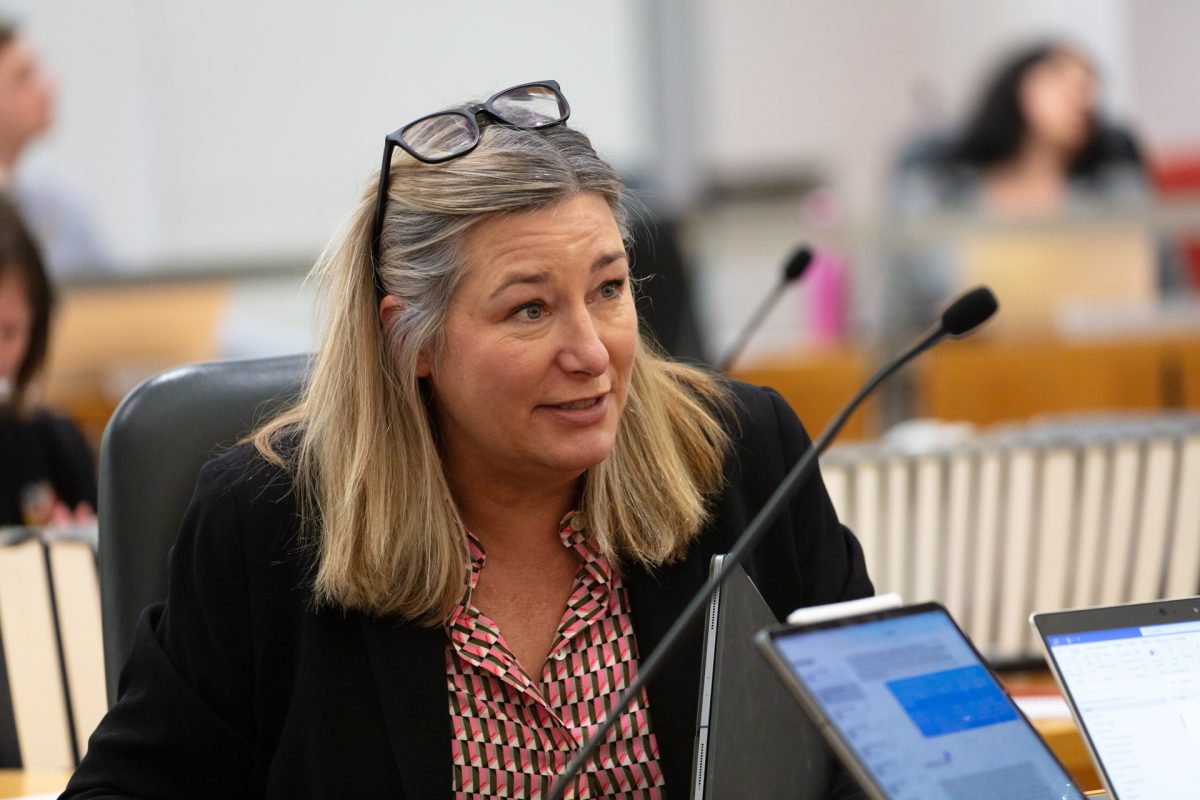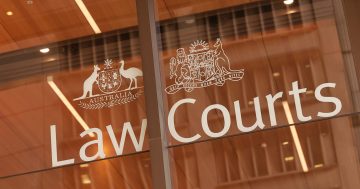
Housing Minister Yvette Berry: “I am very sorry to the tenants who have felt distress.” Photo: Thomas Lucraft.
More than 150 Housing ACT tenants have been told the decision to force them to move from their homes to new ones was flawed and Housing Minister Yvette Berry has apologised.
It does not mean that they won’t have to move but Housing ACT will restart the mandatory removal program with a revised decision-making process that will first consider their individual circumstances, as well as take on board the recommendations made in the recent damning report from the ACT Ombudsman.
The new process will be designed in partnership with the Ombudsman and the ACT Human Rights Commission and is expected to be ready by the end of August.
Housing ACT had already accepted that it had got the decision-making process wrong after three tenants took it to the ACT Supreme Court arguing that the decision to move them out of their long-time homes was unfair and a breach of their human rights.
It accepted that the critical flaw was not considering their individual circumstances first before demanding that they move.
The three tenants have already been told that those decisions have been set aside, although the court has reserved its decision until next year.
Housing ACT today wrote to 154 tenants advising them that the process would begin again, apologising for any distress this may cause and again offering voluntary relocation.
Ms Berry said the implementation of the flawed removal program, while well-intentioned, was very disappointing.
“We accept the Ombudsman’s findings and we want to do better, because we want the best possible outcomes for our tenants and for future tenants,” she said.
“I am very sorry to the tenants who have felt distress as a result of the Ombudsman’s report and we’ll work as closely as possible with them and community stakeholders to get it right.”
That will mean Housing ACT seeking more information from tenants about their individual circumstances as part of a more proactive exemptions policy, as well as fixing the communications issues the Ombudsman highlighted and providing more support for Tenant Relocation Officers.
Ms Berry said she did not think the delay would set back the renewal program to provide 1000 new public housing properties by 2026-27.
“Once we’ve had those conversations with tenants we’ll have a better idea,” she said.
Mandatory relocation would remain an option beyond this current round.
“A person might be living in a home that is not fit for purpose and cannot be maintained, and certainly we need to meet the needs of population growth in the city as well,” Ms Berry said.
“There will likely be mandatory relocation for a range of reasons.”
Ms Berry said the notion of a home for life was one factor in the public housing story but not the main one.
“Our tenants’ needs change and we need to change the homes we have to meet the needs of the applications we have on our public housing list,” she said.
“Even today we have a significant increase in the number of people seeking support from support services all across the country so we know we have to adapt and change to make sure that we have homes that meet the needs of people who are applying for public housing.”
Housing ACT accepted eight of the Ombudsman’s nine recommendations, and the ninth in principle, which will be reviewed once all the recommendations have been implemented.
In February last year, Housing ACT told 314 tenants who had not accepted voluntary relocation that they would have to move to allow the sale or redevelopment of their homes as part of the renewal program.
The Ombudsman found that Housing ACT underestimated the impact on tenants and that its communication with them was impersonal and caused significant distress.
“While clearly well-intentioned and based on legitimate public policy goals, Housing ACT did not plan adequately for implementation of the program,” the report said.




















